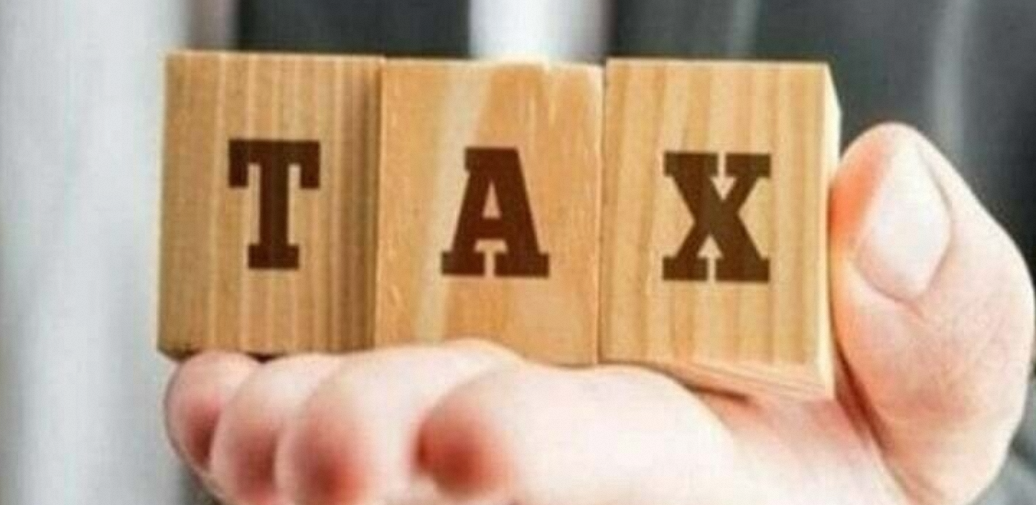
FBR Unveils Major Amendments to Income Tax Regulations for 2025-26
Tougher Measures for Non-Filers in Banking Transactions
The Federal Board of Revenue (FBR) has announced significant amendments to the income tax regulations for the fiscal year 2025-26, aiming to broaden the nation’s tax base and clamp down on non-compliance. According to official documents, one of the most notable changes concerns non-filers of income tax withdrawing cash from their bank accounts. If a non-filer now withdraws more than PKR 50,000 in a single day, they will incur a 0.8% withholding tax on the transaction—an increase from the previous rate of 0.6%. This rule is intended to specifically target undocumented cash transactions, incentivizing individuals to register as tax filers.
While the Senate’s Finance Committee had proposed to raise the threshold to PKR 75,000, the final regulation retains the PKR 50,000 limit. All banking companies are authorized under the new rules to deduct this advance adjustable tax from the accounts of non-filers who exceed the stated withdrawal threshold.
Revised Tax Rules for Real Estate Transactions
The FBR’s latest amendments also impact property transactions, both for buyers and sellers. Buyers of real estate will now benefit from a 1.5% reduction in withholding tax, a move designed to stimulate the property market and make homeownership more accessible. On the other hand, sellers or transferors will face a 1.5% increase in tax across all slabs. This adjustment is intended to more accurately reflect capital gains on property sales and ensure that tax liabilities are properly accounted for.
These changes are formally incorporated into Sections 236C and 236K of the Income Tax Ordinance. Notably, individuals who have owned property for over fifteen years and have declared it in their tax returns will be exempt from withholding tax under Section 236C. The exemption remains valid even if the owner has resided in the property during this period, further encouraging long-term property holding and proper declaration.
Audit Immunity and Fairness in Taxation
To further encourage compliance and provide relief to regular taxpayers, the FBR has clarified the rules regarding audit immunity. Taxpayers whose cases were selected for audit in any of the previous three years will no longer be selected for audit again within that period. This measure aims to reduce repeated scrutiny and promote voluntary compliance by providing a sense of security and fairness in the taxation process.
Regional Focus: Sales Tax Compliance in Khyber Pakhtunkhwa
In addition to federal amendments, tax authorities in Khyber Pakhtunkhwa are also stepping up efforts to improve compliance at the provincial level. The Khyber Pakhtunkhwa Revenue Authority (KPRA), under the leadership of Assistant Collector Hizbullah Khan, recently engaged with the Wedding Hall Association in Haripur. The meeting focused on ensuring the timely payment of sales tax on services and the accurate submission of monthly sales tax returns by wedding hall owners. The KPRA emphasized the importance of adhering to legal obligations to support regional development and strengthen the provincial tax system.
Encouraging a Culture of Tax Compliance
The new amendments introduced by the FBR for the fiscal year 2025-26 reflect a broader government strategy to expand the documented economy and create a culture of compliant, responsible taxpayers. By increasing the cost of non-compliance, providing exemptions for long-term property holders, and streamlining audit procedures, the FBR aims to make the tax system more equitable and effective.
The focus on banking transactions, real estate reforms, and regional sales tax compliance demonstrates an integrated approach to improving revenue collection and discouraging tax evasion. These measures are anticipated to have a significant impact on the formalization of the economy, benefiting both the government and taxpayers alike.







